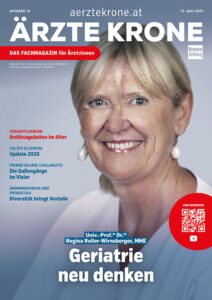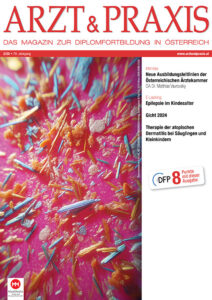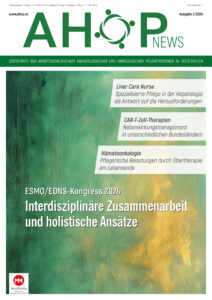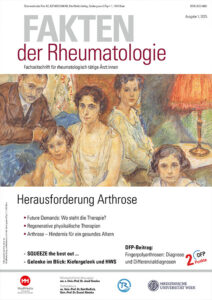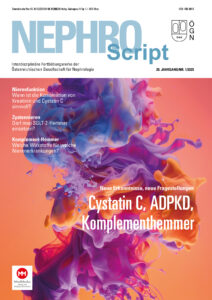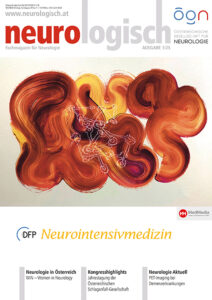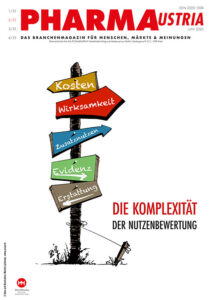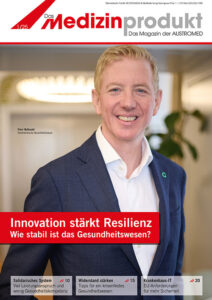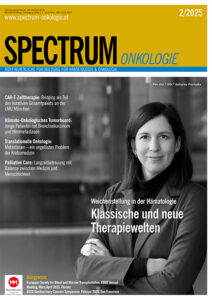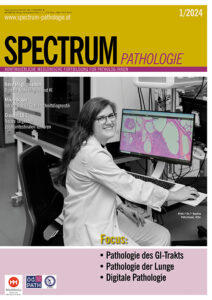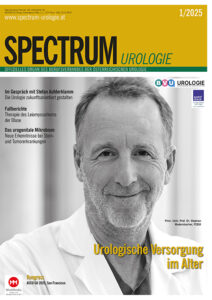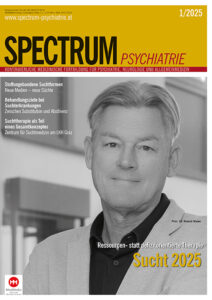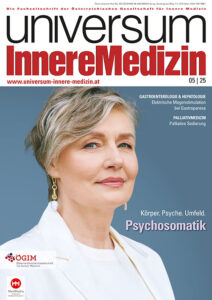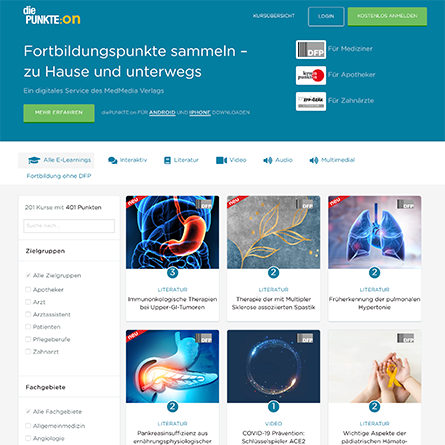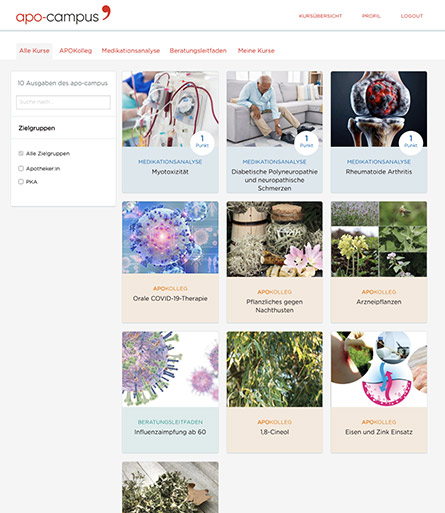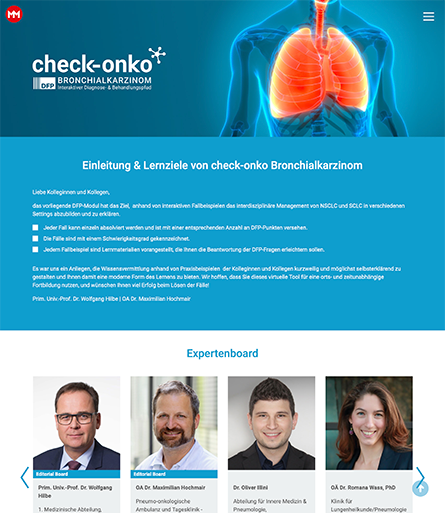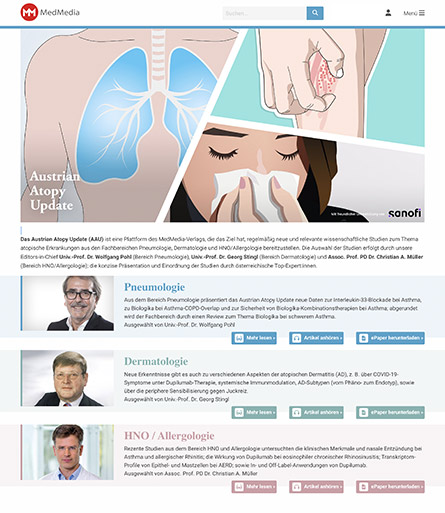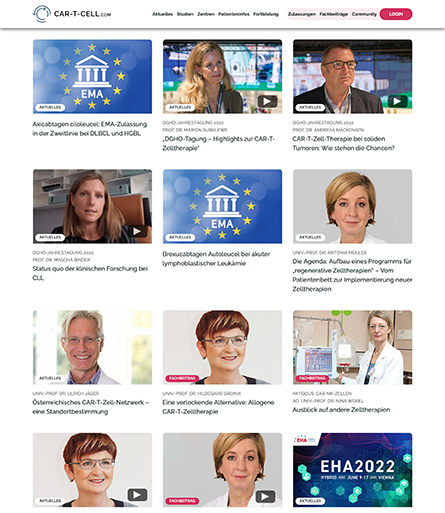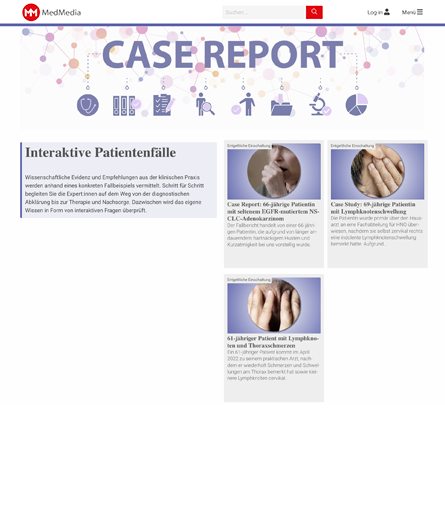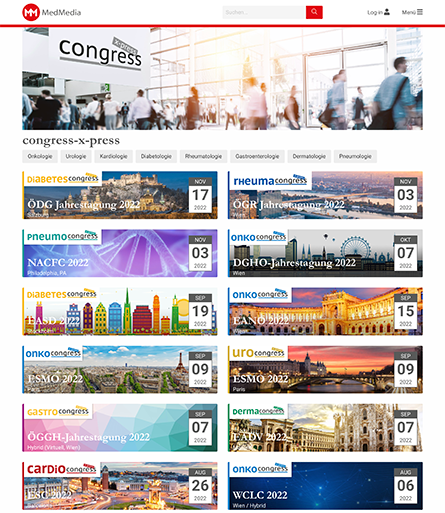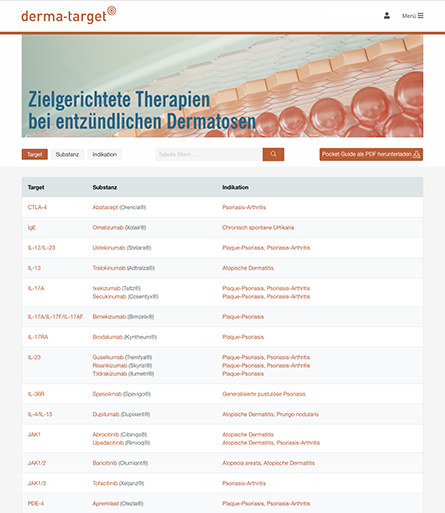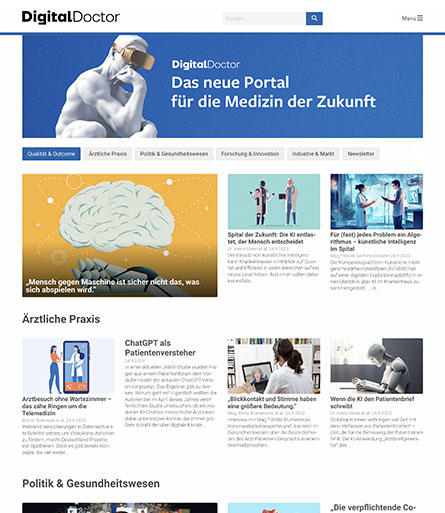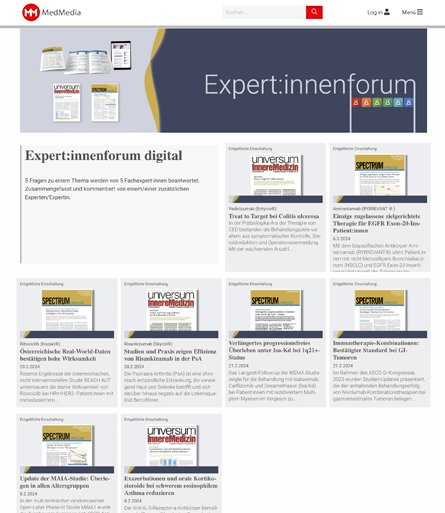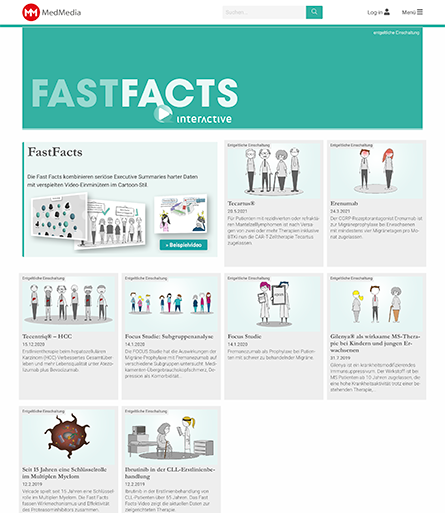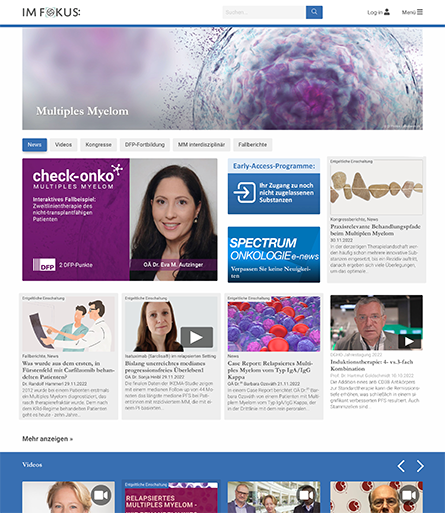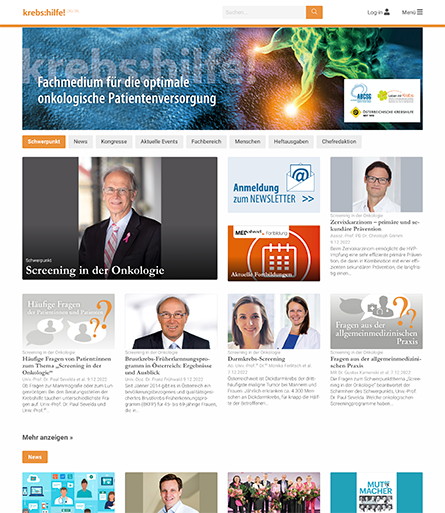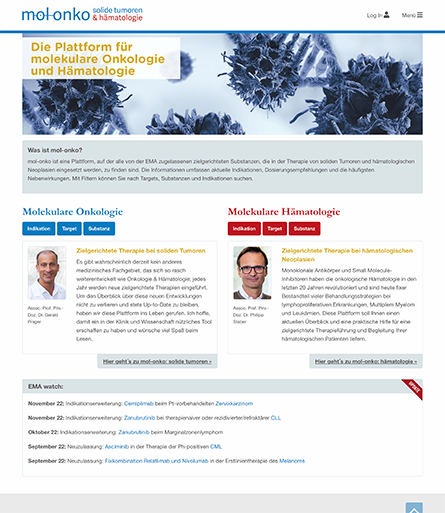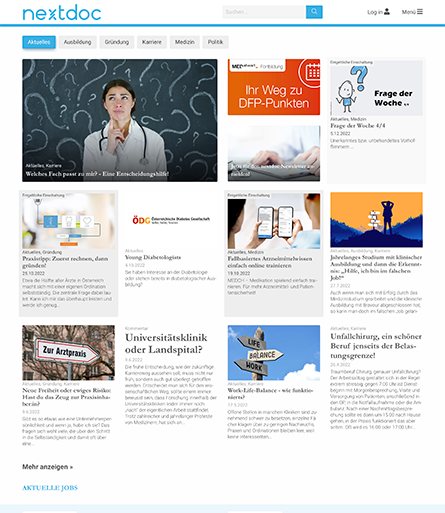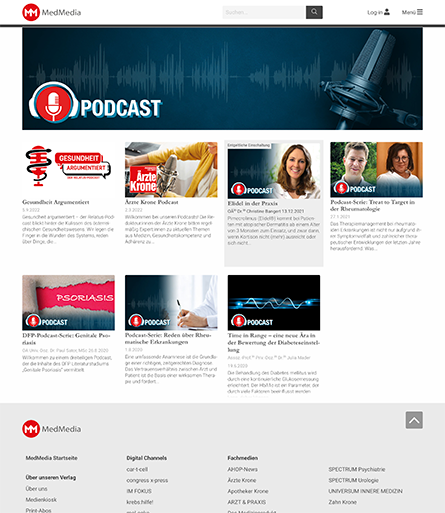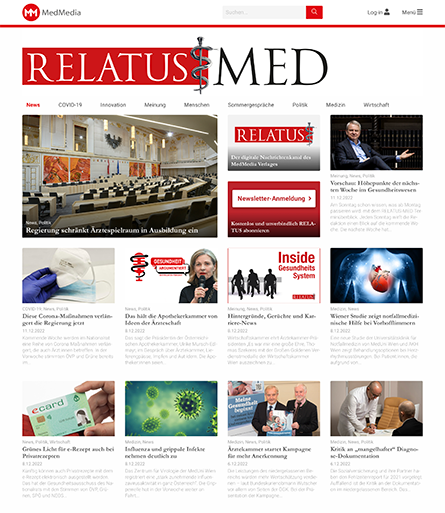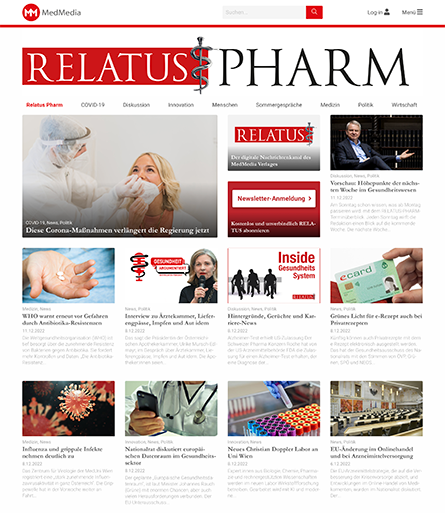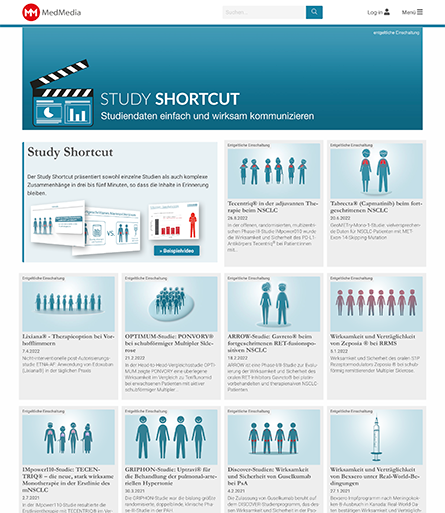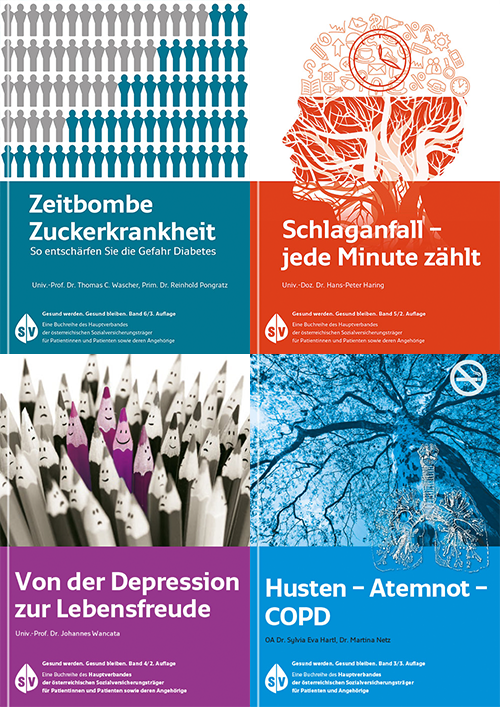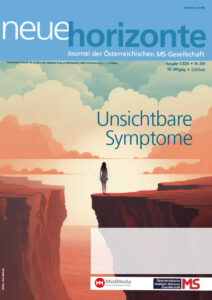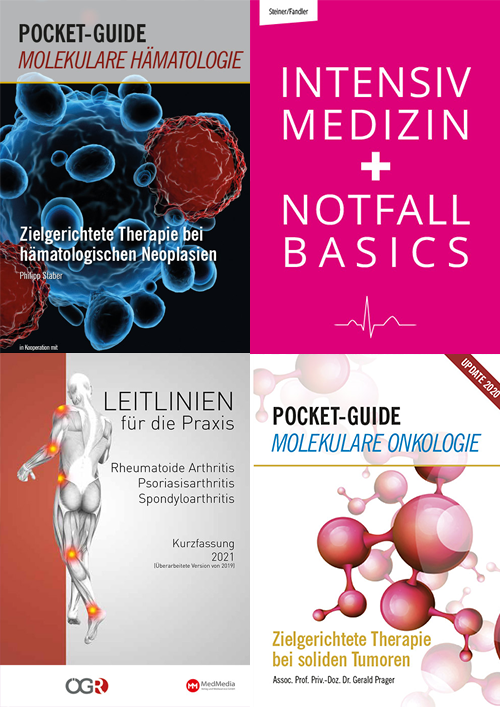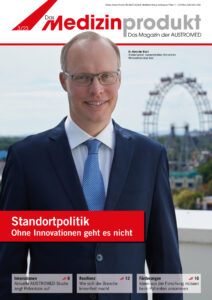Ireland as a global hub for Medical Technology
Ireland’s MedTech origins can be traced to a number of different points over the years, like creating a highly skilled manufacturing workforce and a bouquet of strategic government support, but perhaps the most strategic was the development of government bodies like IDA Ireland, designed to attract investment and stimulate export-led business throughout the country, Enterprise Ireland, to help develop a local-based Irish MedTech ecosystem, and others like SFI, to kick-start a cutting-edge research culture.
The fundamental success of local MedTech ecosystems begins with a large base of local manufacturers and suppliers who create a network that can provide a comprehensive range of components, products, materials, and services. An indigenous base of talent and skills is equally important.
Ireland has taken early proactive initiatives to support new investment in the MedTech sector and to create a collaborative ecosystem for its continued growth. This includes measures like creating a conducive ecosystem for the sector through pro-enterprise government policies, R&D tax credits, and creating clusters of technology like software, hardware, cybersecurity, etc. While Irish universities are ranked best in the world for producing skilled graduates for the job market, Ireland also has a strong business network that shares best practices and identifies the specific skills needs of the sector. For example, Ireland’s Medtech Skillnet, a corporate learning network, is co-funded by Skillnet Ireland and network companies such as the National Training Fund and the Department of Further and Higher Education, Research, Innovation, and Science. All of this has resulted in the creation of a highly skilled and knowledgeable cross-sector ecosystem. All these factors encouraged global MedTech companies to consider Ireland as a premier European location for manufacturing and research.
Today, leading MedTech companies like Boston Scientific, Abbott, Siemens Healthineers, VistaMed, TE Connectivity, etc., including leading emerging names like ResMed, Phenox, Vivasure Medical, etc., have their research and manufacturing operations in Ireland.
Health Innovation Hub Ireland (HIHI) is another good example of the Irish government’s unique initiative to create Ireland’s first innovation hub to create a partnership of clinical and academic centres across Ireland. Jointly supported by Enterprise Ireland (EI) and the Health Service Executive (HSE), this offers companies the early opportunity for pilot and clinical validation studies and the health service access to innovative products, services, and devices that they may otherwise not be exposed to, thus ensuring collaboration between the health service and enterprise.
All the global companies today are racing to maximise efficiencies and drive a digital technology culture. Digital Manufacturing Ireland (DMI), an industry-led national centre setup by IDA that opened earlier this year, is just the perfect example of proactive initiatives to build a collaborative ecosystem to address today’s needs. Companies in Ireland, through DMI, will now have access to new transformative technologies for sustainable deployment.
Who set up business
Ireland, as a country, is quickly becoming a hotspot for MedTech companies due to its highly interconnected ecosystem, strong R&D focus, talent pool, and most important investments that foster collaboration between enterprises, academia, and government. Already, more than 300 MedTech companies are supported by a collaborative ecosystem of academic, clinical, industry, and government entities. The rich research ecosystem that Ireland has developed is an ideal starting point for innovation. Close collaboration between Ireland’s top universities, institutes of technology, and research centres ensures that the evolving demand for professionals in this fast-growing sector is met. This makes Ireland the world’s major MedTech hub and destination for the exchange of technology and ideas, which explains why 14 of the world‘s top 15 medical technology companies are based in Ireland and why 75% of global MedTech companies with operations in Ireland carry out R&D here. The MedTech sector in Ireland directly employs 48,000+, the highest number of people working in the industry in any country in Europe, per head of population. Ireland exports over €12 billion of medical products annually, making it the second-largest exporter of medical devices in Europe.
Sustainable success
The existing Irish MedTech ecosystem offers access to a skilled talent pool with strong experience in product development, manufacturing, clinical development, and technical teams, together with talented scientists and engineers who understand the regulatory processes. Ireland has the 5th highest international share of the workforce in the EU, and an estimated 22% of employees working in multinational firms are expats, which highlights the ease of hiring highly skilled expat workers in Ireland. No wonder today Ireland has the highest number of MedTech jobs per capita in Europe.
In Ireland, MedTech companies have a diverse set of locations from which they operate. While Dublin is home to a large number of players with initiatives throughout Ireland aimed at helping companies advance their technologies, supported by strong skills-based and access-based talent and technical competency, many are opting to base themselves in regions outside of the capital. For example, Galway is the second-largest hub for MedTech in Ireland, with a busy cluster of all the major players, such as Medtronic, Boston Scientific, and Creganna, within striking distance of each other. The same is true for other regions where MedTech clusters are fast developing, ensuring sustainable development of this sector throughout Ireland.
Supported by Enterprise Ireland, BioInnovate Ireland is a national health technology innovation fellowship programme specialising in medical device and digital health innovation. This operates in partnership with a host of national and international partners, proving training in leadership and innovation and creating a talented multidisciplinary pool of innovators with the mindset to drive innovation in start-ups and industry. This is just another example of how Ireland has been proactive in ensuring a pool of young talent.
The role of funding
Though the primary reason for global MedTech companies to establish themselves in Ireland has been getting access to ecosystems and talent, over the years, government grants and funding have helped these companies progress with their innovation plans and advance their technologies. The Irish government has set up a €500 million Disruptive Technologies Innovation Fund (DTIF) under Project Ireland 2040, which aims to help companies develop and commercialise their innovations. The fund recognises the latest technologies that are beginning to change how industries operate, and the government has set out a specific focus on disruptive platforms like augmented and virtual reality, advanced robotics, health and wellbeing, advanced and smart manufacturing, nanotech, artificial intelligence, etc. In May of this year, the 6th call for project-seeking funding was announced, and to date, €288 million has been awarded to projects, including those dealing with disruptive Healthcare technology and Connected health, under this scheme.
Ireland is the No. 1 exporter of contact lenses from the EU and globally, the No. 1 exporter of stents in the EU and globally, the 3rd largest exporter of artificial joints globally and the 4th largest global exporter of diagnostic reagents for patient use.
Among the other financial incentives available to companies conducting R&D in Ireland, the 25% R&D tax credit offered by Irish revenue is attractive. Another successful example of funding is support for the pharma and MedTech sectors by IDA Ireland and Enterprise Ireland through a targeted state support fund of €200 million to facilitate the research and development of products targeting COVID-19.
Enterprise Ireland is the largest seed capital investor in Ireland and directly invests in startup companies. The Irish Government, through Enterprise Ireland, has made €175 million available as part of the Seed & Venture Capital Scheme (2019-2024) to stimulate job creation and support the funding requirements of early-stage innovative Irish companies with global ambitions. MedTech accelerators like BioExcel are available that offer up to €95,000 in seed funding to help applicants build and bring their products to market. All these available supports are instrumental for 75% of global MedTech companies operating in Ireland to engage in research and development activities here.
Key success factors
Let’s look at some interesting statistics. Ireland is the number one exporter of contact lenses and stents in the EU and globally. It is also the third-largest exporter of artificial joints and the fourth-largest exporter of diagnostic reagents globally. Four out of five MedTech companies are SMEs, and many are Irish-owned, standing shoulder to shoulder with major multinational giants. Ireland’s MedTech success story is based on its agility in quickly moving from a manufacturing base to an R&D innovation hub, adapting, and creating respective skill bases. When you look at Ireland, the growth of its MedTech and BioPharma sectors has been parallel and synergistic.
To cite three key success factors for creating successful business locations for clients, they include a comprehensive assessment of the current and future ecosystems to identify future skill set requirements to be ready with the requisite talent pool, creating a collaborating ecosystem wherein domestics, multinationals, and their sub-suppliers play equal roles in innovation, and most importantly, investing in the infrastructure of research centres and strategic sites with favourable policies for companies to quickly get running on the ground.
